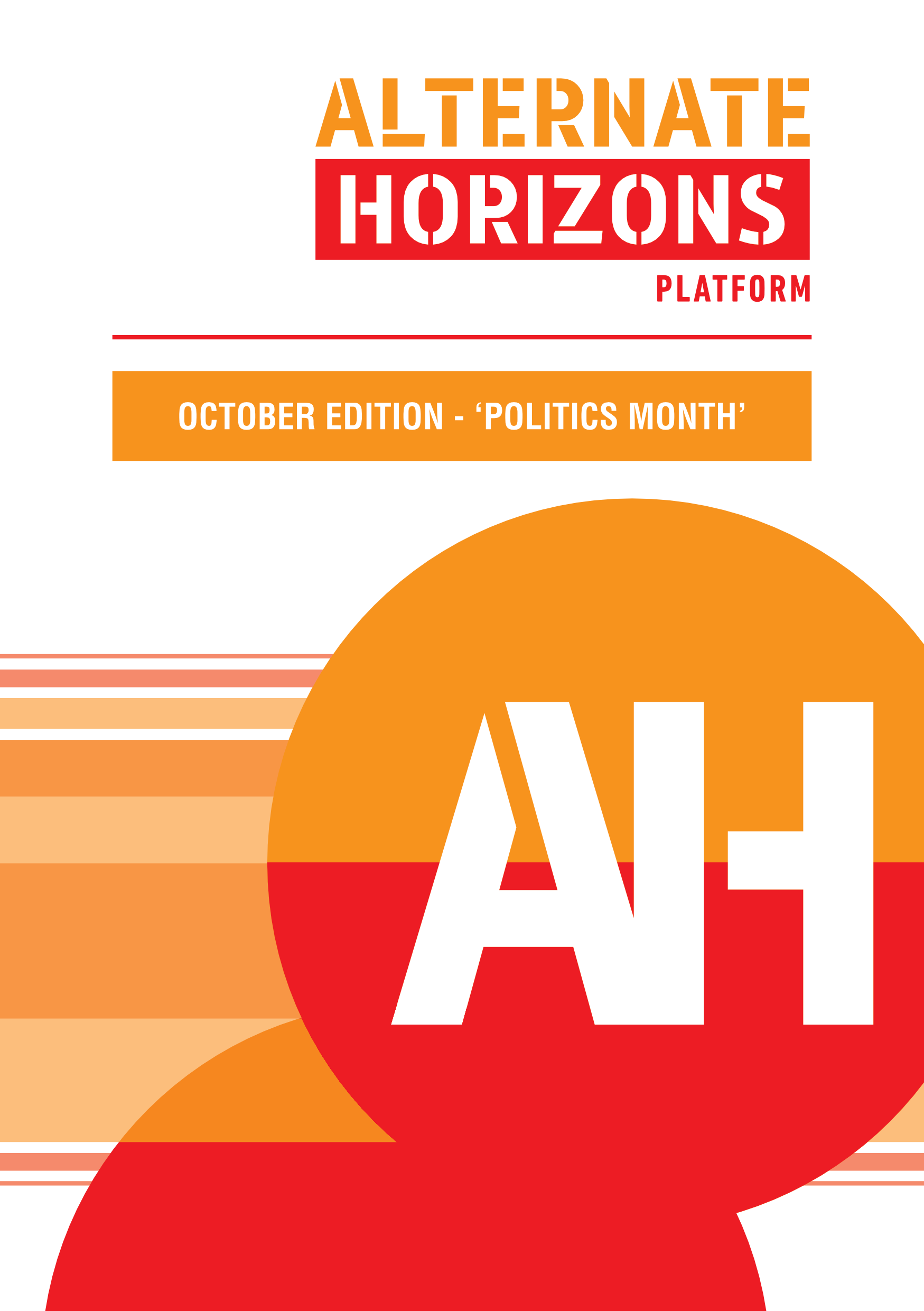How democratic institutions dealt with COVID-19: A case study of the United States of America and France
DOI:
https://doi.org/10.35293/ah.v7i.3940Keywords:
Democracy, COVID-19, United States of America, France, media, science, institutionsAbstract
This paper analyses the democratic institutions of the United States and France, regarding the media, science, and politics relating to COVID-19 pandemic. As democratic institutions are central to this paper, it is extensively defined, avoiding any possible vagueness that an incoherent definition might provide. Furthermore, the conditions that resulted from the COVID-19 virus are analysed, focusing on the fiscal stimulus and public health protocols, and comparing them in relation to both the United States and France. The focus shifts to the drugs hydroxychloroquine and remdesivir, exploring the conditions around the drugs, analysing and comparing the actions institutions have taken within the respective nations, as well as between the nations. The institutions that are key in both nations include the presidential offices and the representatives of the presidents. The Food and Drug Administration (FDA) in the United States, the CS-COVID council that was created to handle the protocols and regulations in France, The decentralised Federal government of the United States, and the centralised Unitary State of France are critical in the comparison of the institutions and actions relating to the pandemic.


